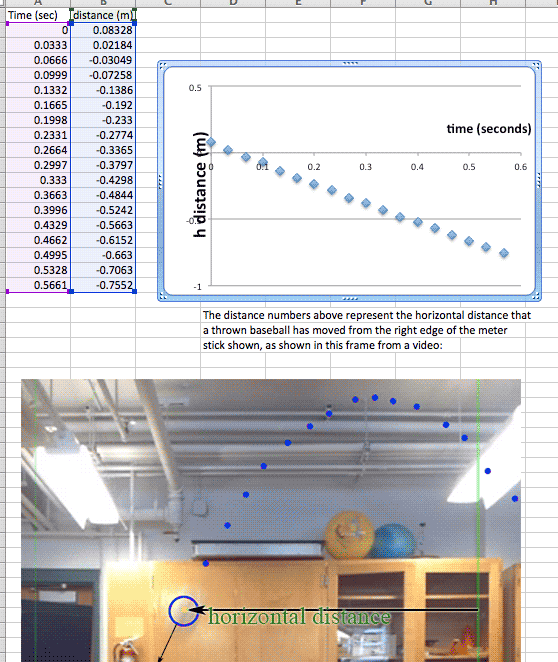Horizontal motion
 Aristotle's "violent motion" was horizontal motion. According to Aristotle, a force is required to make objects move.
Aristotle's "violent motion" was horizontal motion. According to Aristotle, a force is required to make objects move.
Problems with Aristotle's view...
 What
keeps an arrow moving after the bow gives it an initial push??
What
keeps an arrow moving after the bow gives it an initial push??
Other objects, such as bowling balls, seem to move for a long time before they slow much.

Galileo's ramps
Galileo realized that friction plays a roll in how objects behave. So he tried to minimize friction:
- balls roll easier than bricks slide.
- heavy balls don't seem to be affected as much by air resistance as lighter ones.
- hard balls roll easier on hard surfaces than flexible balls or soft surfaces.
If you start a ball rolling up an incline it slows
down.

If you release a ball to roll down an incline it speeds
up.

So, what behavior is "half way" between slowing down and speeding up?

[motion at a constant speed! That is... acceleration=??]
Is the horizontal component of this baseball's motion happening at a constant speed (a=0) or is it accelerating?

Galileo's conclusion
The tendency of objects to keep moving seems more fundamental than the tendency of objects to slow down.
How would Galileo explain that things *do* slow down if you wait long enough??
The law of Inertia
Round one:
A body that is subject to no external influences will keep moving, if it was moving to begin with, in a straight line with unchanging speed. Or, if it was at rest, such a body will stay at rest.
- By "external influences", we mean things like air resistance, sliding friction, whacks with hammers, and also gravity. So, let's replace external influences -> forces.
- "a straight line" means the direction of motion is not changing. But velocity includes both the aspect of direction and speed.
Round two:
A body that is subject to no external forces will keep moving, if it was moving to begin with, with unchanging velocity. Or, if it was at rest, such a body will stay at rest.
- What is the acceleration of a body moving with an "unchanging velocity"?
- What is the acceleration of a body which "stays at rest" and doesn't move at all?
- So it seems like we could restate this again in terms of accelerations...
Round three:
A body that is subject to no external forces will not accelerate.
Things tend to stay at rest...

Why did the stem snap when I tried to do the table-cloth trick with this filled-with-water goblet?
What causes motion?
 [Asteroid
Gaspra]
[Asteroid
Gaspra]
Why do asteroids and anything else keep moving through space without slowing down?
We might say 'Because of Inertia' but this really just means "We don't know".
Exercises
Read Sections 3.1-3.5 of Hobson's textbook.
Work the exercises/problems below. Write down your answers to the 4 bold exercises, and turn those in on Monday. Bring your questions on any of the questions to class on Monday. Some test questions will resemble these exercises.
Conceptual Exercises in Hobson: Chapter 3: 1, 3, 4, 7,
8, 11, 15, 17, 19, 20, 28, 29.
Problems in Chapter 3: 3, 5
Image credits
Omega Man, Aristotle teaching, Leo Reynolds, JPL/NASA, Diego da Silva